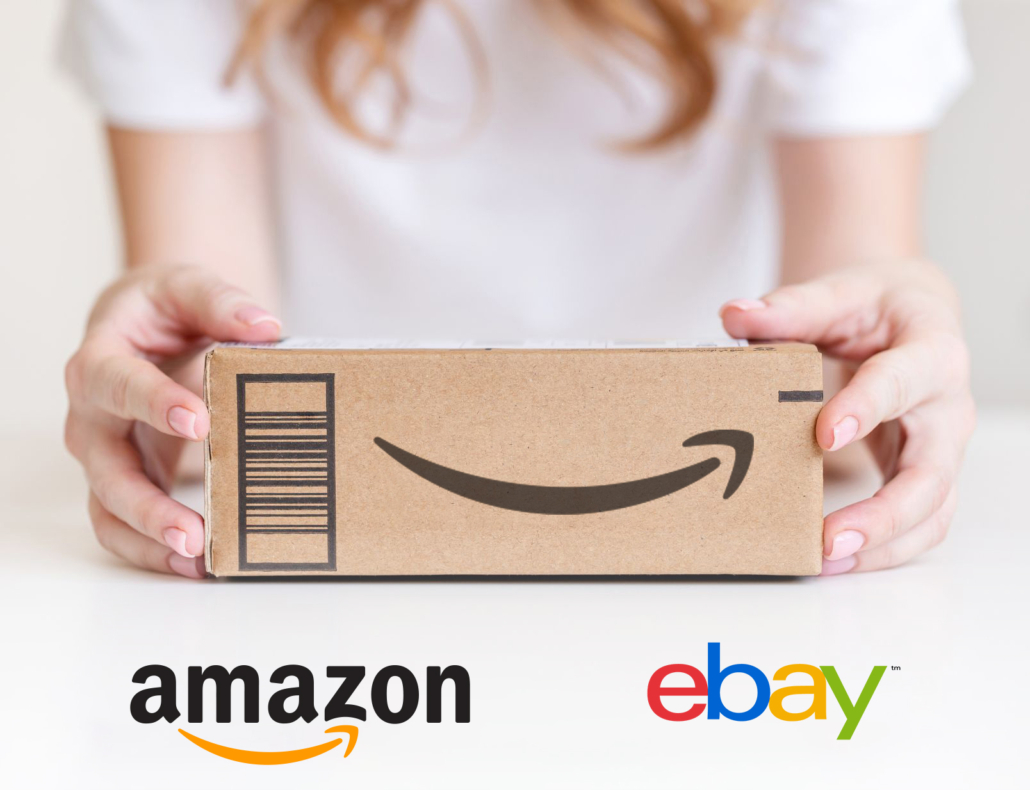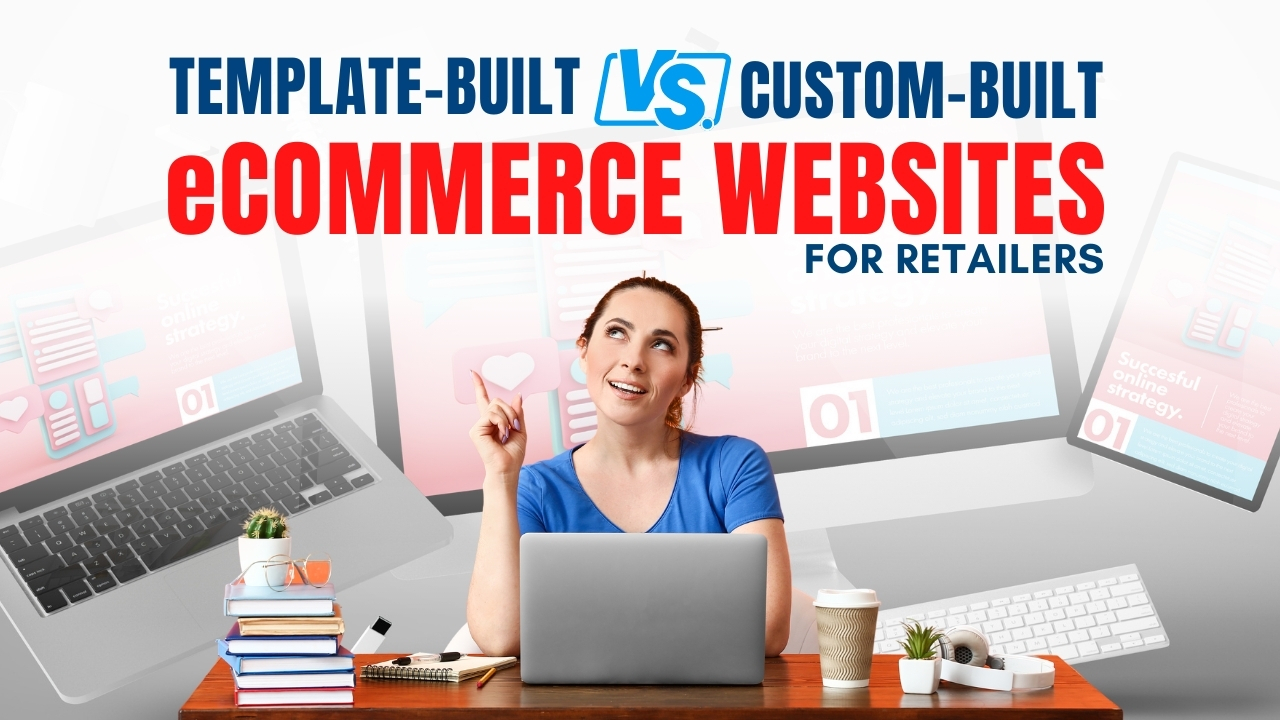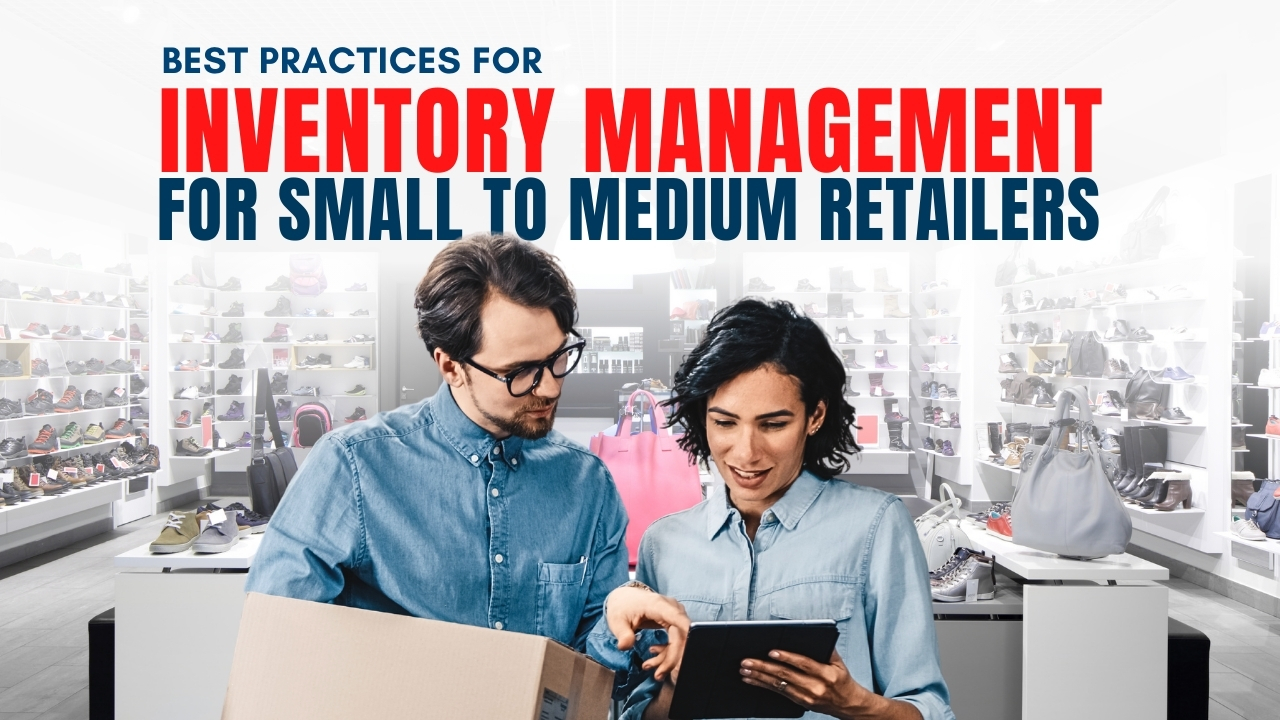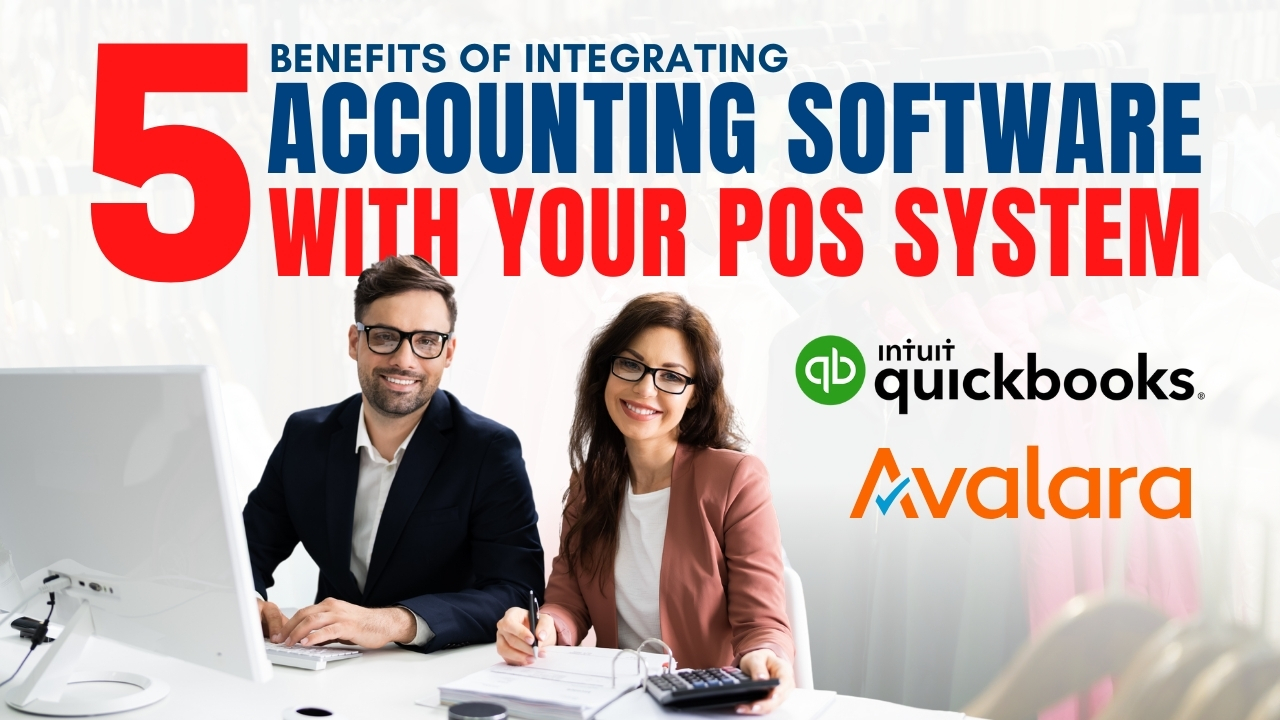Blog

If you cant beat them, join them
Family owned businesses and smaller retail chains have historically viewed marketplace such as Amazon, Wal-Mart, and even Target as threats to their business and, even, the concept of shopping.
However, the outlook of these companies is quickly changing, as online marketplaces grow faster and faster. The small businesses may value the “old way “of shopping but, in order to expand their brand, customer base, and, overall, sell more product, many have embraced the marketing and outreach that, naturally, these online marketplaces bring to stores.
Learn more about online marketplaces.
1. Making the shift is key.
The title of the most prominent online, retail marketplace easily falls to Amazon, with a net worth of almost $150 billion as of 2017. Small businesses see this as a threat; with one tech giant controlling, not just one marketplace, but dozens of consumer good markets. However, it is clear that incorporating a small business’ products into an online marketplace will exponentially increase reach, decrease time dedicated to marketing and brand development, and will minimize overhead company costs. Ecommerce has quickly become the easiest and most popular method of shopping for consumers and making the shift to partner with online marketplaces is a key to success for smaller retailers.
2. Huge Market Share – to be shared
In 2017, Amazon was home to 44% of all online sales and 4% of all sales in the United States, making it the 3rd largest company in the U.S. This means that one out of every 25 people will purchase something from Amazon and other online retailers, making a small retail chain partner part of the multi-billion dollar revenue network.
3. The Middleman Can be Quite Useful
One of the largest qualms that small retail stores have towards online marketplaces is that of the existence of a middleman. However, retailers such as Amazon, make this “middleman step” even easier for the retail and consumer than shipping from their own store. Amazon gives retailers the opportunity to send product to their warehouse and ship directly from there. This allows Prime members to receive 2-day shipping and allows Amazon to take all the hassle out of fulfilling orders, adding instant gratification to the mix.
Learn more about online marketplaces.
4. You Call Sell Your Products 24/7
eCommerce partially gained its popularity for the 21st century’s love of instant gratification. Now, anyone, anywhere, at any time, can go online and shop for clothing, food, electronics, etc… and have it delivered directly to their house. There is no need for people to stand in a store or wait for the store to open. In some cases, for mom and pop shops, there is now less of a need for designing and maintain your own eCommerce website.
By leveraging the marketplace’s website, branding and massive marketing budget, smaller merchants can easily sell online and venture into omnichannel retail. This means that while a small retail store may be open 9-5 in Boston, Massachusetts; they’re actually open 24/7 because they can sell their products online, in real time… and without the internal resources to maintain their own website. And for those retailers who do already have their own eCommerce site, selling additional products on marketplaces can significantly expand their reach and with the right retail software integration, online marketplace orders can flow into their retail POS software just as their own eCommerce orders do; 24/7.
5. Marketplace Orders can be Easy Integrated with your POS
Depending on the retailer’s point of sale software and/or eCommerce platform, many integrations could already be available to many of these online marketplaces, including Amazon, Walmart, Farfetch, eBay, NuOrder, Joor, etc. These retail platforms allow merchants to easily post products, manage inventory, track marketplace sales, and know exactly when and where sales are coming from- all from within their own retail software and management platform. While it is possible for smaller retailers to like to sell in these marketplaces without integrating into their retail software, the time and effort that is conserved by having an integration solution is crucial for future expansion. Additionally, utilizing in integration from the retail POS software will save time and eliminate errors in the product sales pipeline, by not requiring any manual entry.
Overall, the face of retail is changing. While brick and mortar is still the core of retail, eCommerce and online marketplaces are slowly outpacing the physical store. Saving money and time, while increasing efficiency are all clear benefits of online or omnichannel marketplaces. While it is clear that retail stores will never, fully, be eliminated, small retailers must adapt and shift when they still have time to succeed long term.






